How To Conquer Your Boxer’s Separation Anxiety, Sound Anxiety or Travel Anxiety
If your boxer is experiencing anxiety, life can be miserable both for you and your pup. I myself spent 2 years battling extreme separation anxiety with my dog, and we successfully came out on the other side. In this article I’ll share some of the resources and strategies that worked for us.
There are many forms of anxiety that your boxer may be suffering from. Typical causes of anxiety in boxer’s might be:
- Separation anxiety – Fear of being separated from their owner. This often manifests itself by your boxer pacing, drooling, biting, or being destructive while you’re away.
- Sound anxiety – Fear of loud noises like thunder, fireworks, or a vacuum cleaner
- Travel anxiety – Fear of traveling in a moving vehicle, or fear of intimidating places like your vet’s office or a boarding kennel
1. Experiment with Hemp Oil for Your Boxer’s Anxiety
One of the tools I successfully used in treating my dog’s anxiety was Hemp. While your results may vary, approximately 67% of the dog owners polled here claimed that Hemp was ‘extremely effective’ or ‘somewhat effective’ in helping their dog’s anxiety.
In my experience, Hemp helped my dog calm down enough to respond positively to the other training methods I was using to treat her anxiety. When choosing a Hemp oil, always look for a certificate of analysis showing a pure and safe product. I’d also recommend a product with 0% THC.
If you’d rather not give an hemp oil tincture to your dog, there are also great full spectrum hemp treat options available for dogs on Amazon.
2. Desensitize Your Boxer to The Cause of Their Anxiety
A key strategy for treating your boxer’s anxiety is desensitizing them to the trigger of their fear. For example, my dog’s anxiety was triggered anytime I walked out the door to leave the house. For other dogs, the trigger might be you grabbing your keys or putting on your coat.
Begin by doing the trigger activity, but then immediately reversing it. For example, I would grab my keys and walk out the door. Then I’d come back 5 seconds later. I did this literally hundreds of times over a period of a week. Eventually, my dog was desensitized and bored by the behavior.
3. For Sound Anxiety, Trying Isolating Your Boxer and Playing Loud Music
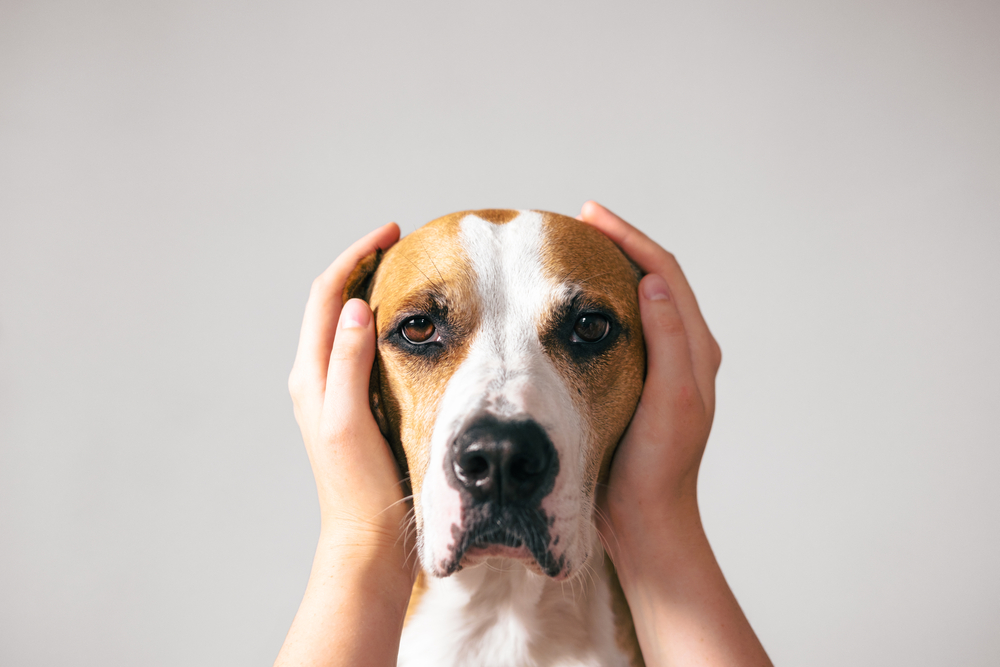
Many boxer’s that suffer from thunderstorm or fireworks anxiety experience relief in a smaller, more isolated room of the house where music can be played at a loud volume.
A word of caution though, if your dog is also experiences separation anxiety leaving them alone in a room during may be counterproductive.
4. Try Using a Compression Wrap (Available in Many Sizes and Will Fit Your Boxer)
Many dogs are comforted by the feeling of compression across their body. One popular product many have found success with is the Thundershirt (available on Amazon). The product applies gentle, calming pressure that is very reassuring to many pups. The company claims the product to be helpful for about 80% of the dogs who tried it. It can be used to help calm your australian shepherd during fireworks, thunder, separation, travel, or vet visits, with no training and no medication required.
4. Try an Herbal Supplement for Your Boxer with Calming Herbs Like Chamomile, Passion Flower, Ginger Root or Valerian Root
Many calming supplements exist for dogs that are palatable for dogs, easy-to-feed, and can help quickly relieve your australian shepherd’s stress and give a sense of safety and calm. Some supplements contain calming herbs like chamomile, passion flower, ginger root, and valerian root are a great option. Some products, such as this bacon flavored soft chew for dogs, contain all of the calming herbs in one. This calming chew is also available on Amazon.
5. Experiment with a Pheromone Diffuser for Your Boxer
Canine pheromone diffusers mimic the calming pheromone that a mother dog emits while nursing her puppies. The diffuser can help many dogs feel calmer and more comfortable in stressful situations.
The same company that makes the Thundershirt above also makes a product called ThunderEase diffuser, which is also available on Amazon.
6. Try an Anti-Anxiety Supplement Containing L-Tryptophan, L-Theanine or Melatonin
Other popular ingredients in anti-anxiety supplements include the amino acids L-Tryptophan and L-Theanine, both of which offer calming properties and increase the release of “feel good” serotonin in your dog’s body. In addition, some calming products for dogs contain a small amount of melatonin, which can help regulate and improve their sleep. All these of these ingredients are available in some chews such as this. This calming chew is also available on Amazon.
7. Experiment with Using Your Own Scent & Sound to Calm Your Boxer
In my experience, using your own scent and sound to help calm your dog is a powerful strategy in beating anxiety. I stumbled upon this one day with my own dog by accident.
Typically, if I left the home my dog would instantly enter a panic. But one day I needed to take a long phone call, and left my dog outside my bedroom door where I took the call. During the call, she calmly lied next to the door, where she could obviously smell and hear me. It occurred to me that I could possibly mimic this tactic while I wasn’t at home.
I recorded my voice on a CD player and then put it on loop. Then I placed a used t-shirt on the inside of the door where she could easily smell it underneath. To my surprise, I was able to leave the house for a short time. (I monitored her on a video camera). I slowly increased the length of time I left, and always found her calm and sincerely believing that I was just behind the door!
If you’d like to read the full story of how I cured my dog’s extreme separation anxiety, go here.
Another great product to help calm your dog is the Comfort Cuddler Buddy. You can stuff the cozy fleece man with your clothing or pillow case with your scent, and leave with your dog.
Lastly, another popular calming product is the heartbeat puppy toy. Traditionally, these have been used to help calm puppies who recently left their litter. The plush toys come with a warming features as well as a simulated heartbeat. While originally intended for puppies, many dog owners have found they can effectively calm dogs of all ages. This popular model is available on Amazon.
Summary
Defeating your boxer’s anxiety is possible, but every dog’s journey will look different. I hope the tools and strategies above will be helpful to your journey.
If you’d like to learn more about the hemp oil and calming chews we use here at iHeartDogs, learn more below.
For best results, you can pair the above hemp oil with the calming chews below. Between the 2 supplements, they offer 10 active and natural ingredients to help calm your dog without the use of medication.
Frequently Asked Questions:
Anxiety tends to plague Boxers, especially when they are left alone for long periods of time. Not all, but some Boxers suffer from separation anxiety if their owner is not immediately in their vicinity. However, a few options are at your disposal to treat this issue and help your dog to learn and relax. Different methods work for different dogs, so you may need to try several to get a grasp on their anxious behavior.
Are Boxers Prone To Separation Anxiety?
Boxers are known for their affectionate and social nature, often referred to as “people dogs” because of their love for human companionship. Boxers thrive on attention and interaction from their owners and can quickly become anxious or distressed when left alone or separated from them. Their loyalty leads to their attachment to their people and potential separation anxiety.
When left alone, Boxers may feel abandoned, and their anxiety may escalate, leading to a range of behaviors such as excessive whining, barking, destructive chewing, pacing, or even trying to escape. These behaviors are their way of expressing their distress and anxiety, and they may cause damage to the home or harm to themselves. Do not worry yet; there are ways to treat separation anxiety by helping them cope and feel comfortable.
How To Help A Boxer With Separation Anxiety?
If you have a Boxer who is struggling with separation anxiety, try these methods to help them feel comfortable in their world even when you are not around:
– Leave them alone for short periods of time, gradually increasing the amount of time they are left alone over time. This will help them to build confidence and learn that being alone is not a bad thing.
– Create a safe and comfortable space for your Boxer where they can go to relax when you’re not around, such as in a crate or a dog bed. Make sure they have access to their favorite toys, water, and a comfortable bed.
– Before leaving your Boxer alone, practice leaving and returning several times a day. This will help your Boxer get used to your comings and goings and reduce their anxiety when you leave.
– Leave your Boxer with toys and treats to keep them entertained while you’re away. Puzzle toys, sniff mats, and chew toys can provide hours of entertainment and help reduce anxiety.
– In severe cases of separation anxiety, medication may be necessary to help calm your Boxer. Talk to your vet about options for medication or natural supplements that can help reduce anxiety.
Are Boxers Okay To Be Left Alone?
Boxers, like any other breed of dog, can be left alone for short periods. However, keep in mind that Boxers are social animals and love human interaction and attention. Being left alone for extended periods can cause them to feel anxious, bored, and distressed.
If you have a Boxer, it’s essential to ensure they have enough mental and physical stimulation when you are not around. Leave them with plenty of toys and treats to keep them entertained. Although, if you need to be away for longer periods, it’s important to have someone check in on them or consider taking them to a dog daycare.
Why Is My Boxer So Clingy?
Your pup stays loyal to you, and sometimes they cling because they need to be dwelling in the same space as it feels safer. Often, clingy behavior is a symptom of a lack of attention, separation anxiety, fear, health concerns, or simply an annoying personality trait. Always rule out health concerns with your dog’s veterinarian.
If your Boxer is displaying clingy behavior, give them extra love instead of discipline or annoyance, as those will simply exacerbate the issue and cause more heartache for you. However, it’s also important to establish boundaries and train them to be comfortable with being alone. Gradually increasing the amount of time they are left alone and providing them with toys and distractions can help reduce clingy behavior and build their confidence.
Why Are Boxers So Anxious?
Boxers are not necessarily more anxious than other breeds, but some of them take anxiety too far, at least from a human perspective. Often the anxiety has a trigger such as a lack of socialization, trauma, negative experiences, or a genetic predisposition. If you’re concerned about your Boxer’s anxiety, consult with a veterinarian or a professional dog trainer. With proper training, socialization, and care, many Boxers with anxiety can lead happy and healthy lives.
Does Boxers Separation Anxiety Ever Go Away?
Separation anxiety in Boxers can be a challenging behavior to overcome, but with the right training and support, you can take the severity down a notch or three. The key is to gradually build up their tolerance to separation by leaving them alone for short periods at first and gradually increasing the time they spend alone. Create a safe and comfortable environment for your Boxer when they’re alone. This can include providing them with a comfortable bed, toys, and treats to keep them occupied while you’re away.
Professional help from a veterinarian or dog trainer may be necessary, especially for dogs who have been abandoned or abused in the past. They can help identify the root cause of the anxiety and create a customized training plan to help your Boxer overcome their fears. Remember to be patient and understanding with your pup.
What Triggers Separation Anxiety In Boxers?
Boxers are social and affectionate dogs that crave human interaction, and when they are left alone for extended periods of time, they can experience separation anxiety. While there is no one-size-fits-all answer to what triggers separation anxiety in Boxers, several factors may contribute to this condition.
One of the main causes of separation anxiety in the breed centers on a lack of socialization. Since Boxers are social animals, they need to be exposed to different people, animals, and situations from a young age to help them develop confidence and social skills. If they do not receive adequate socialization, they may become anxious when separated from their owners.
Again, separation anxiety can stem from their love of their human. You are part of their pact, and in their opinion, they need to keep you safe. In order to keep you safe, you need to be near them at all times, or they cannot do their job. If we could just talk to them, it would be so much easier! However, you can get a doggy camera if you need to be gone for long periods.
Trauma or negative experiences can also lead to separation anxiety in Boxers. If a Boxer has been abandoned or surrendered to a shelter, they may develop a fear of being left alone. Lack of exercise or stimulation can also contribute to anxiety in Boxers, as they are active dogs that need plenty of physical exercises and mental stimulation. Finally, genetic predisposition can trigger their anxiety too.
Do Boxers Get Attached To One Person?
Yes, Boxers are known for their strong attachment to their owners and often become very attached to one person in particular. They are loyal and, as such, make you the priority in their life. No one will get in the way of their task of keeping you safe, protected, and loved by them!
While Boxers may have a favorite person, they are generally friendly and affectionate with everyone in their family and guests who frequent your home. They enjoy being around people and are known for their goofy, playful personalities. Overall, Boxers make great family pets and form strong bonds with their owners. With proper training and socialization, they can learn to be comfortable around multiple people and lead happy, healthy lives.
- Best Joint Supplement for Dogs
- Best CBD Gummies for Dogs
- Goat's Milk for Dogs
- Skin & Coat Supplements for Dogs
- Weight Gain Supplements for Dogs
- Muscle Building Supplements for Dogs
- Heart Supplements for Dogs
- Multivitamins for Dogs
- Pill Pockets for Dogs
- Digestive Enzymes for Dogs
- Turmeric for Dogs
- Liver Supplements for Dogs
- Tear Stain Supplement for Dogs
- Breath Fresheners for Dogs
- Kidney, Urinary, & Bladder Supplements for Dogs
- Stool Eating Deterrent for Dogs
- Eye Supplements for Dogs
- Melatonin for Dogs
- Apple Cider Vinegar for Dogs
- Green Lipped Mussels for Dogs
- L Theanine for Dogs
- Chondroitin Supplements for Dogs
- MSM for Dogs
- Valerian Root for Dogs
- Chamomile for Dogs
- Boswellia for Dogs
- L Tryptophan for Dogs
- Yucca for Dogs
- Licorice Root for Dogs
- Bromelain for Dogs
- Papain for Dogs
- Devil's Claw for Dogs
- Quercetin for Dogs
- Hemp gummy for dogs
- Best Hemp Dog Treats
- Best Hemp Oil for Dogs
- Best Calming Treats, Chews, & Supplements for Dogs
- Best Bone Broth for Dogs
- Best Fish Oil for Dogs
- Best Probiotics for Dogs
- Best Hip Dysplasia Supplements for Dogs
- Best Colostrum for Dogs
- Best Quercetin for Dogs
- Best Greens for Dogs Supplements
- Best Vitamin C Supplements for Dogs
- Best Probiotic for Dog with Allergies
- Best Taurine Supplements for Dogs
- Best Dog Food Toppers
- Best Anal Gland Supplement for Dogs
- Best Dog Probiotic Powder
- Best CoQ10 Supplement for Dogs
- Best Liquid Glucosamine for Dogs
- Best Wrinkle Creams, Balms, and Wipes for Dogs
- Best Puppy Calming Treats
- Best Colloidal Silver for Dogs
- Best Adaptogen Supplements for Dogs
- Best Cognitive Supplements for Dogs
- Best Bee Pollen for Dogs
- Best Vitamin A Supplements for Dogs
- Best Vitamin E Supplements for
- Best Liquid Glucosamine Supplements for Dogs
- Best SAM-e Supplements for Dogs
- Best Hyaluronic Acid Supplements for Dogs
- Best Apple Cider Vinegar Supplements for Dogs
- Best Diarrhea Medicine for Dogs
- Best Milk Thistle for Dogs
- Best Turkey Tail Mushroom Supplements for Dogs
- Best Astaxanthin Supplements for Dogs
- Best Lutein Supplements for Dogs
- Best Electrolyte Supplements for Dogs
- Best Coconut Oil for Dogs
- Best Prenatal Vitamins for Dogs
- Best Puppy Milk Replacements
- Best Iron Supplements for Dogs
- Best Dewormer Products for Dogs
- Best Mange Medications for Dogs
- Best Cough Relief Products for Dogs
- Best Sinus Relief Products for Dogs
- Best Collapsed Trachea Supplements for Dogs
- Best Fireworks Anxiety Relief Products for Dogs
- Best Thunderstorm Anxiety Relief Products for Dogs
- Best Travel Anxiety Relief Product for Dogs
- Best Supplements for a Dog with a Torn ACL
- Best Supplements for a Dog with Patellar Luxation
- Best Supplements for a Dog with Intervertebral Disc Disease
- Best Zinc Supplements for Dogs
- Best Biotin Supplements for Dogs
- Best Tart Cherry Supplements for Dogs
- Best Resveratrol Supplements for Dogs
- Best Ginkgo Biloba Supplements for Dogs
- Best Ashwagandha Supplements for Dogs
- Best Supplements for Dogs with Cushing's Disease
- Best Adrenal Supplements for Dogs
- Best NAD+ Supplements for Dogs
- Best NMN Supplements for Dogs
- Best Supplements for Dogs with Dementia
- Best Supplements for Dogs with CCD(Canine Cognitive Dysfunction)
- Best Fiber Supplements for Dogs
- Best Spirulina for Dogs
- Best Hairball Remedies for Dogs
- Best Eye Drops for Dogs with Allergies
- Best Magnesium Supplements for Dogs
- Best Brushes for Double-Coated Dogs
- Best Dandelion Root Supplements for Dogs
- Best Probiotic for Dogs with Yeast Infections
- Best Flaxseed Oil for Dogs
- Best Chamomile Supplements for Dogs
- Best Lavender Supplements. Treats & Sprays for Dogs
- Best Collagen Supplements for Dogs
- Best Kelp Supplements for Dogs
- Best Activated Charcoal for Dogs
- Best Slippery Elm Supplements for Dogs
- Best Supplements for Dogs with Seizures & Epilepsy
- Best Antioxidant Supplements for Dogs
- Best Ubiquinol Supplements for Dogs
- Best Hormone & Glandular Supplements for Dogs
- Best Thyroid Supplements for Dogs
- Best Iodine Supplements for Dogs
- Best Dog Shedding Supplements for Dogs
- Best Detox Supplements for Dogs
- Best Postbiotics for Dogs
- Best Aspirin Products for Dogs
- Best Dog Anti-Nausea Products
- Best Dog Mouthwashes
- Best Camelina Oils for Dogs
- Best Hemp Seed Oils for Dogs
- Best Natural Anti-Inflammatories for Dogs
- Best Cancer Supplements for Dogs
- Best Sardine & Anchovy Oils for Dogs
- Best Fatty Acid Supplements for Dogs
- Best Chia Seed Supplements & Treats for Dogs
- Best Olive Oils for Dogs
- Best Amino Acid Supplements for Dogs
- Best Moringa Supplements for Dogs
- Best Echinacea Supplements for Dogs
- Best Cranberry Supplements for Dogs
- Best D-Mannose Supplements for Dogs
- Best Nettle Leaf Supplements for Dogs
- Best Marshmallow Root Supplements for Dogs
- Best Astragalus Supplements for Dogs
- Best Pumpkin Seed Supplement for Dogs
- Best Supplements for a Dog Wetting The Bed
- Best Blueberry Supplement for Dogs
- Best Bromelain Supplements for Dogs
- Best Yucca Supplements for Dogs
- Best Ginger Supplements for Dogs
- Best Rosehip Supplements for Dogs
- Best Allergy Medicines for Dogs
- Best Reishi Mushroom Supplement for Dogs
- Best Maitake Mushroom Supplement for Dogs
- Best Chaga Mushroom Supplement for Dogs
- Best Shiitake Mushroom Supplement for Dogs
- Best Cordyceps Mushroom Supplement for Dogs
- Best Lion's Maine Supplement for Dogs
- Have question? - Ask in our Dog Health Forum
- CBD for Boxers: What You Need to Know
- Best Supplements for a Senior Boxer
- Best Flea & Tick Products for Boxers
- Best Dog Foods for Boxers
- Best Online Dog Training Courses for Boxer
- Best Hip & Joint Supplement for a Boxer
- What Supplements Should I Give a Boxer Puppy?
- The 9 Best Boxer Puppy Foods
- Best Dog Beds for Boxers
- Improve Your Boxer's Skin & Coat with This One Hack
- Giving This to Your Boxer Daily Can Alleviate Itchy Allergies
- 6 Natural Ingredients to Fight Your Boxer's Allergies
- 8 Ways to Stop Your Boxer's Scratching
- 7 Ways to Calm Your Boxer's Anxiety
- 6 Remedies for Your Boxer's Diarrhea, Gas, or Vomiting
- 7 Best Dental Chews for a Boxer
- CBD for Boxers: What You Need to Know
- Best Supplements for a Senior Boxer
- Best Flea & Tick Products for Boxers
- Best Dog Foods for Boxers
- Best Online Dog Training Courses for Boxer
- Best Hip & Joint Supplement for a Boxer
- What Supplements Should I Give a Boxer Puppy?
- The 9 Best Boxer Puppy Foods
- Best Dog Beds for Boxers
- Improve Your Boxer's Skin & Coat with This One Hack
- Giving This to Your Boxer Daily Can Alleviate Itchy Allergies
- 6 Natural Ingredients to Fight Your Boxer's Allergies
- 8 Ways to Stop Your Boxer's Scratching
- 7 Ways to Calm Your Boxer's Anxiety
- 6 Remedies for Your Boxer's Diarrhea, Gas, or Vomiting
- 7 Best Dental Chews for a Boxer
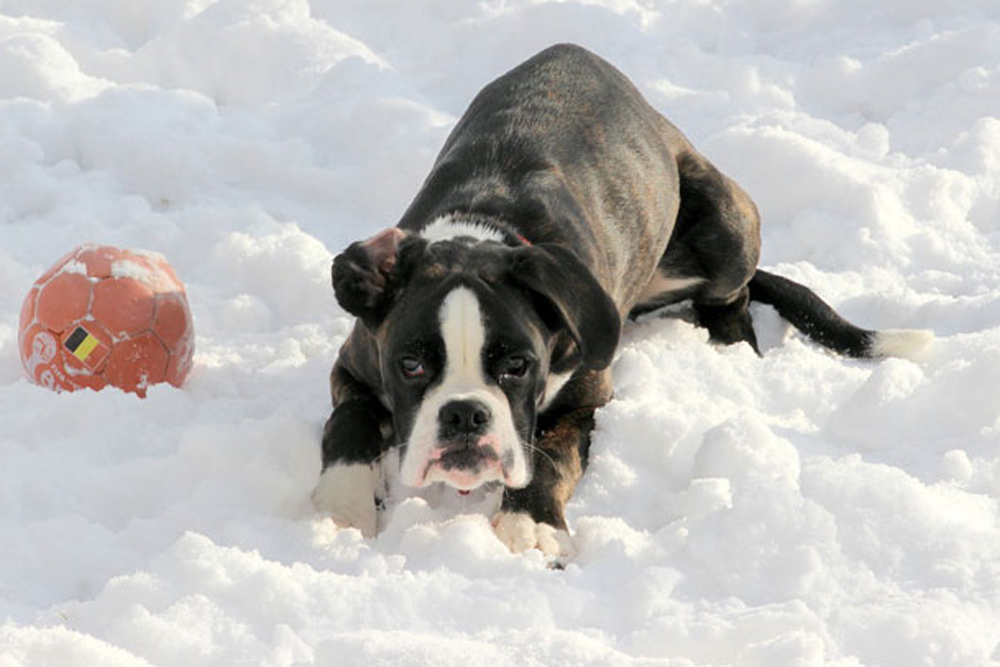
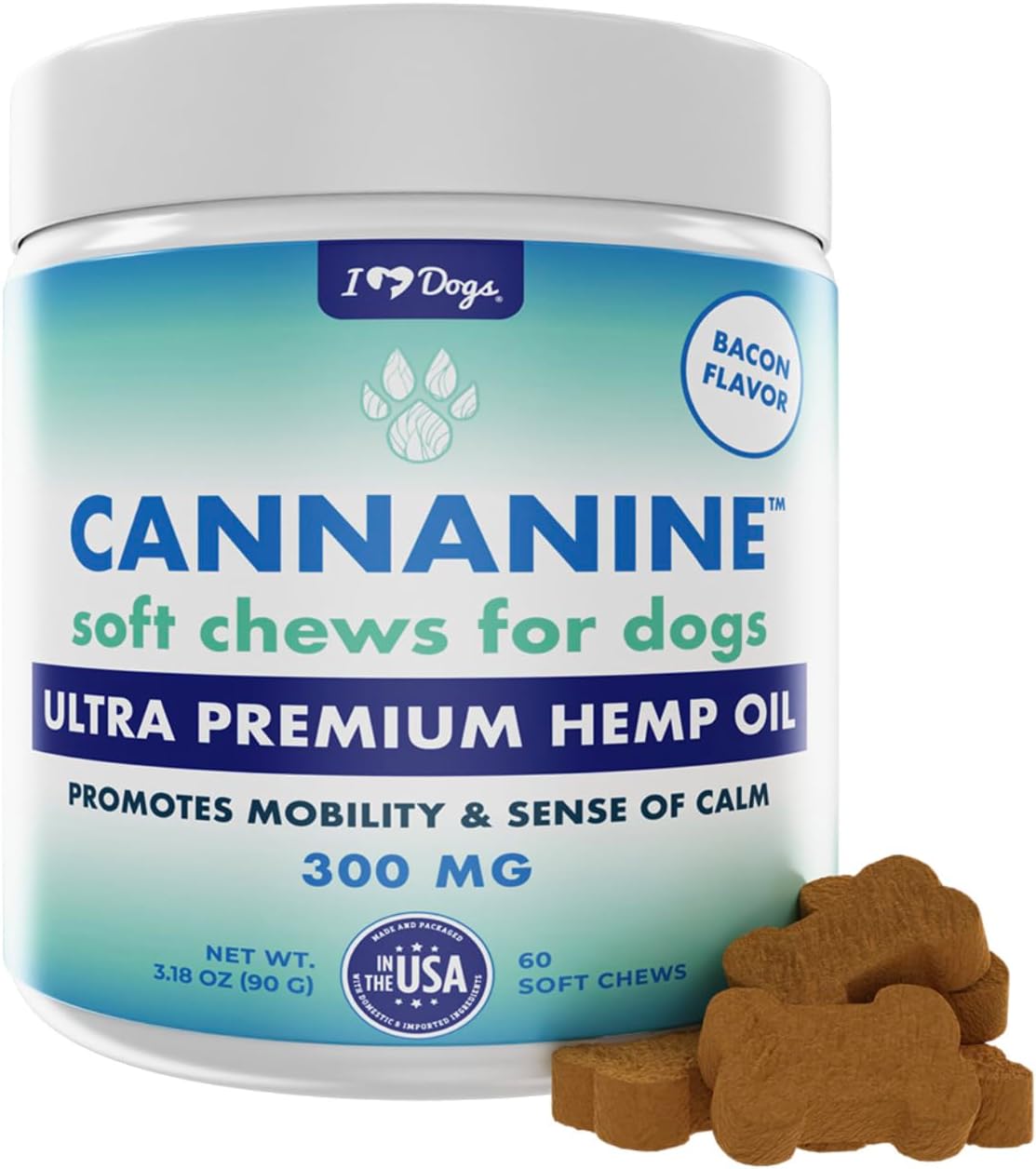
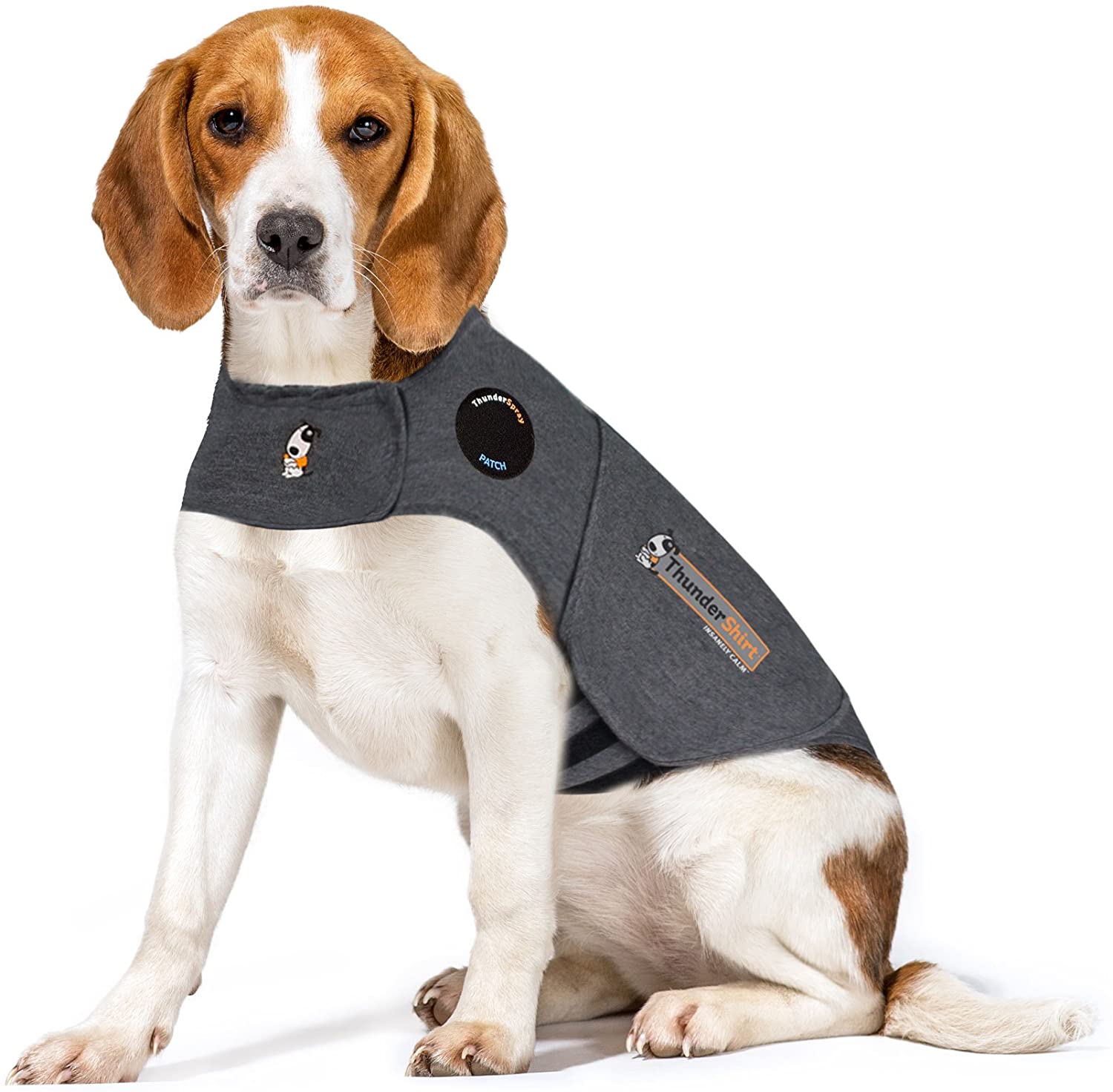
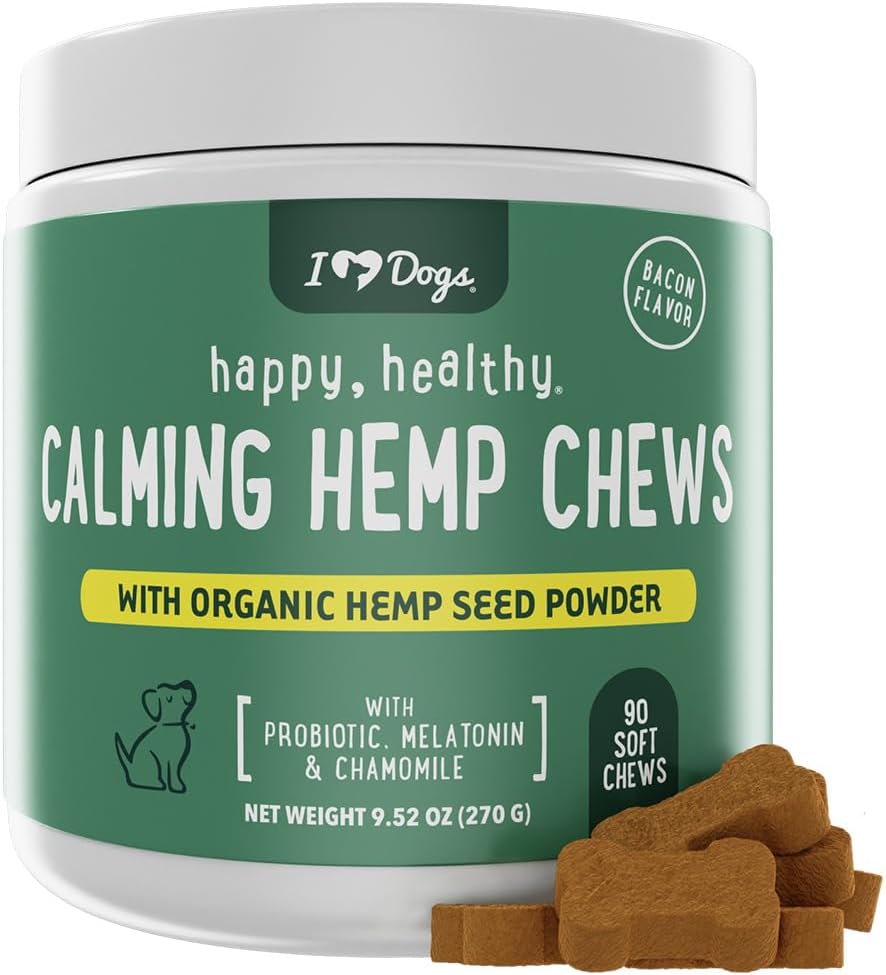
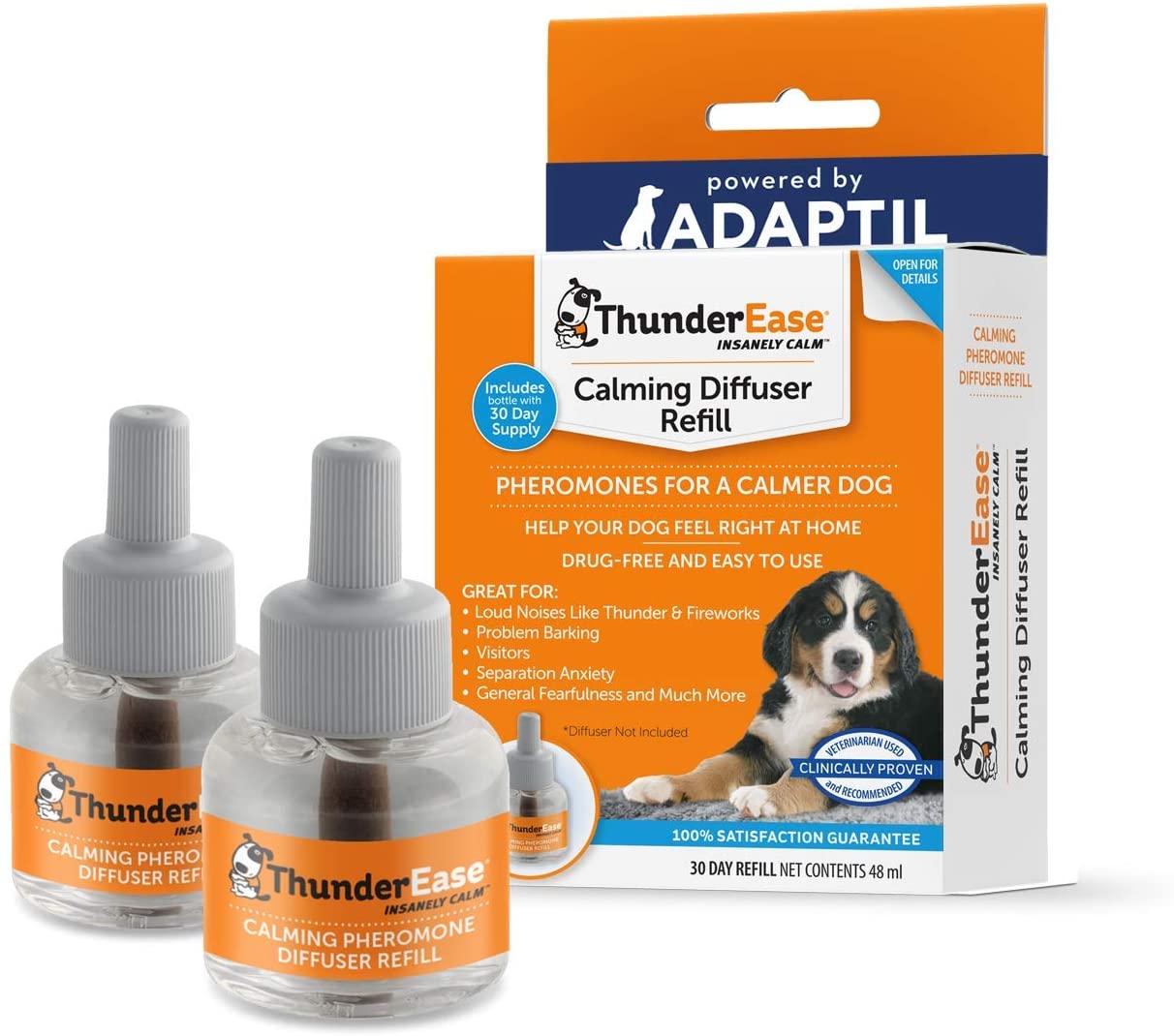

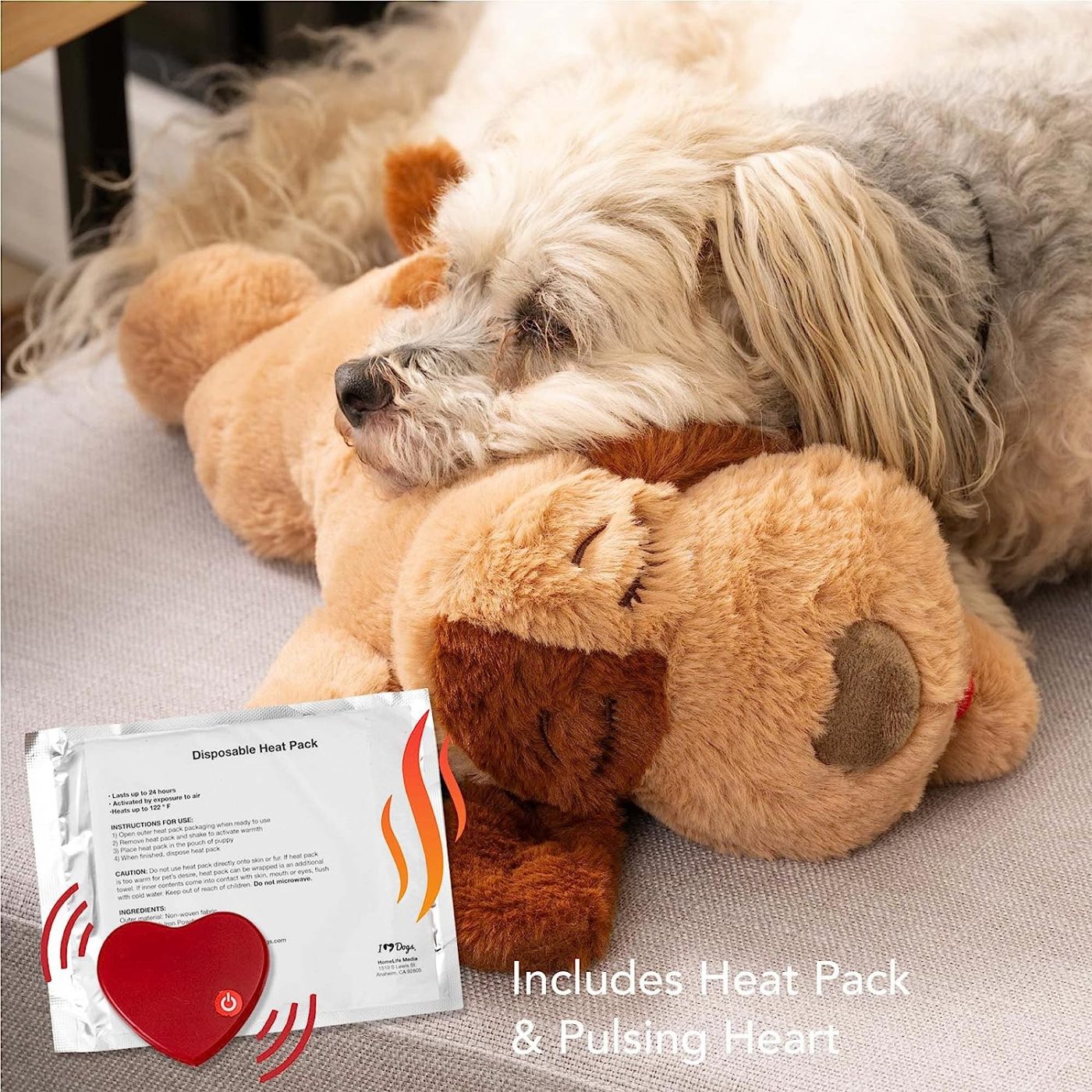
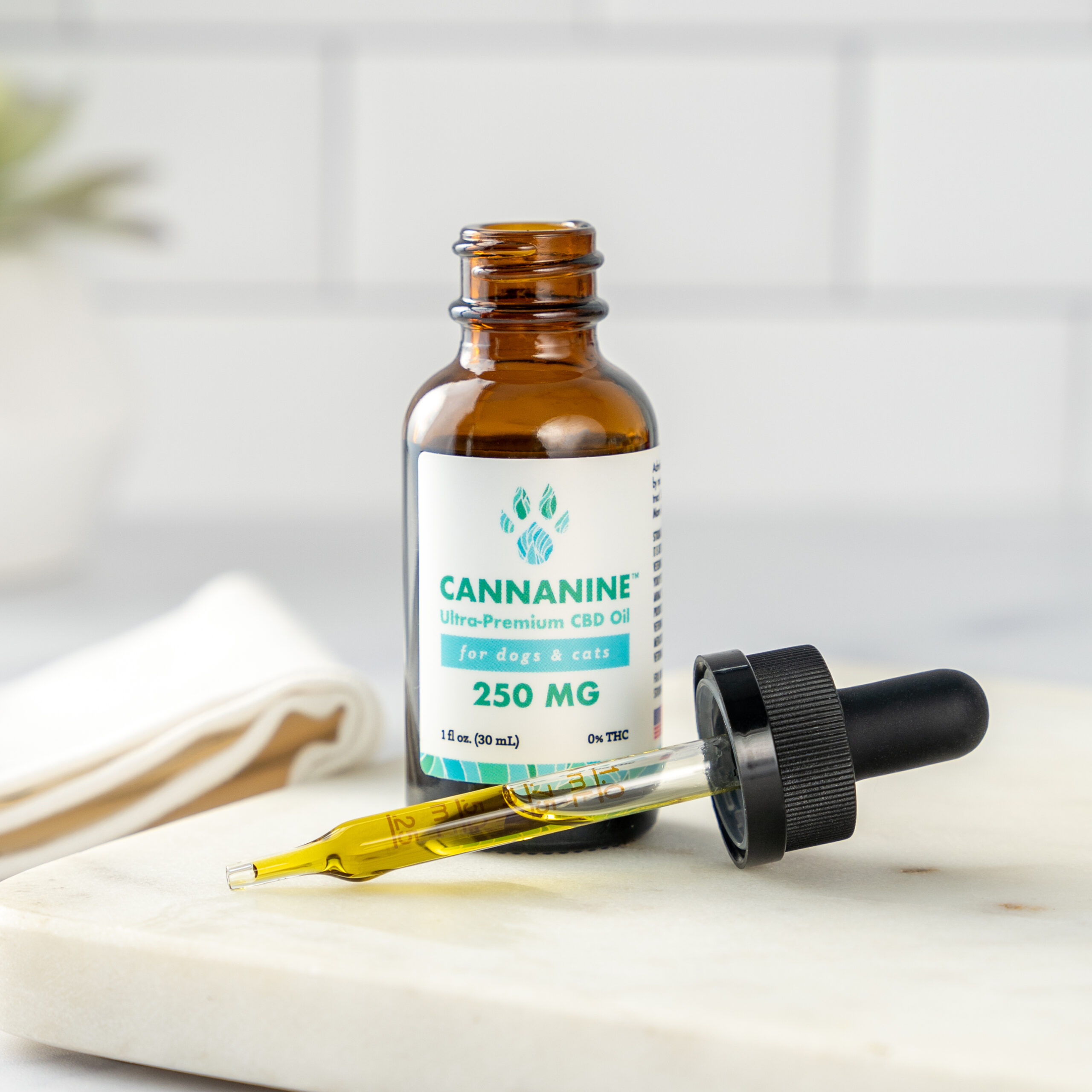
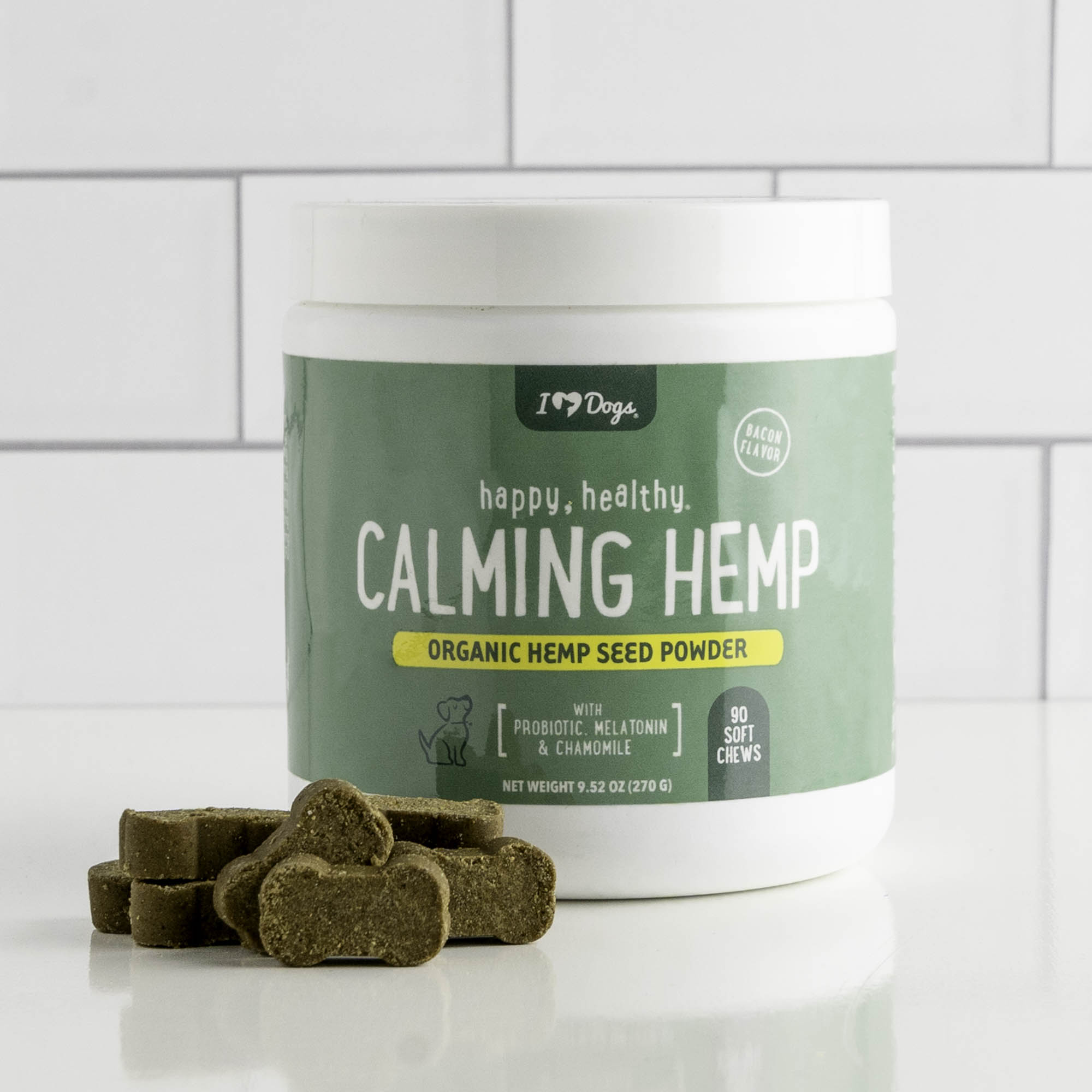
 Toledo, United States.
Toledo, United States.